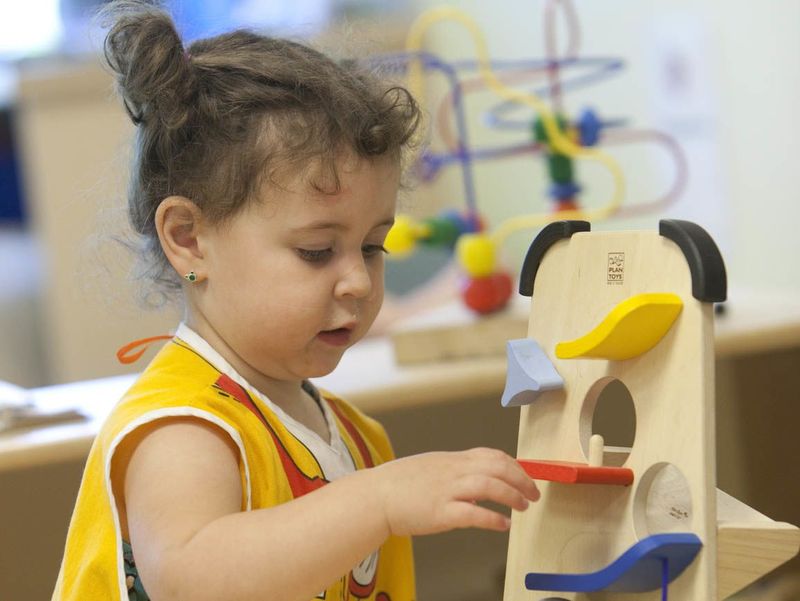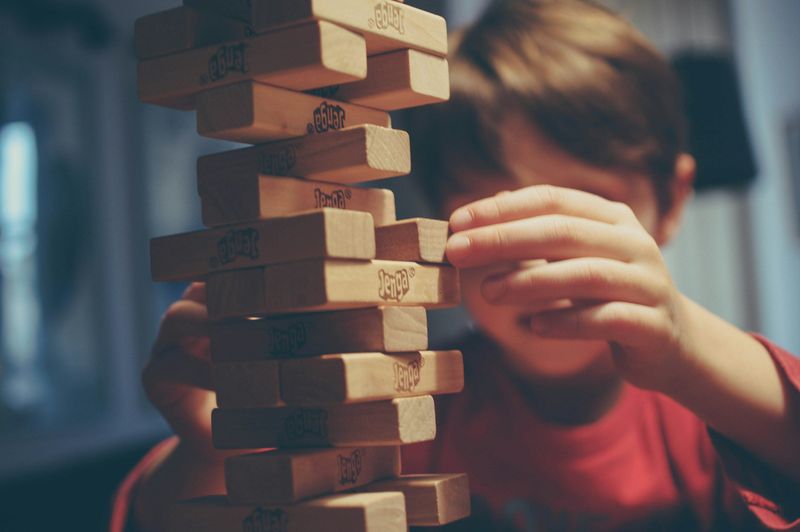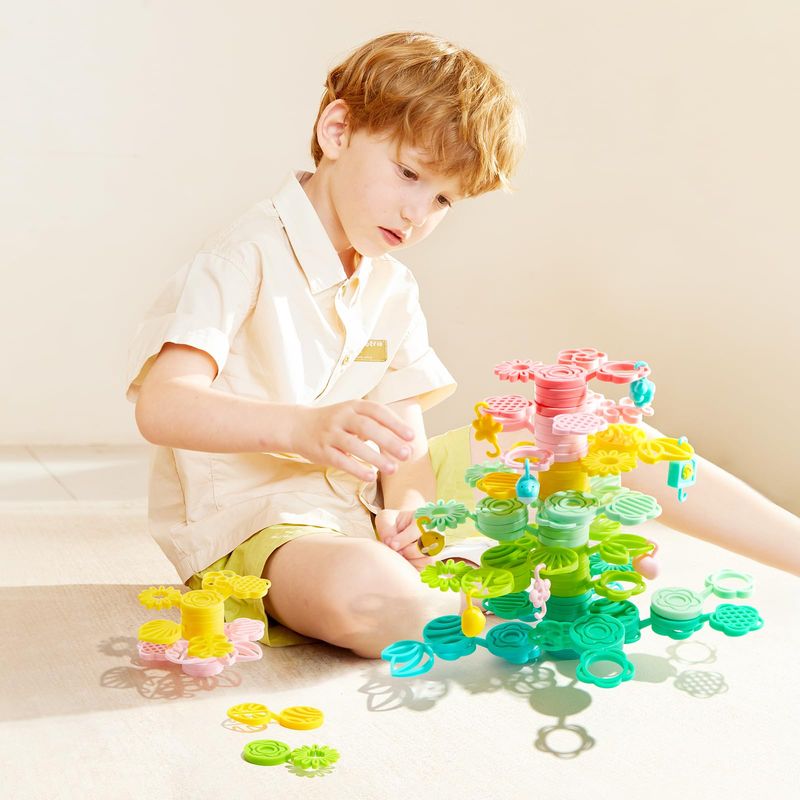Identifying giftedness in children can be challenging, as traditional educational settings may overlook certain signs. Here are eight subtle indicators that your child might be gifted:
1. Advanced Language Skills

Gifted children often exhibit a sophisticated vocabulary and complex sentence structures for their age. They may start speaking in full sentences earlier than their peers and display an early interest in reading. This early proficiency in language can manifest in creative storytelling or an eagerness to engage in conversations with adults. Parents might notice their child’s ability to comprehend complex narratives or instructions with ease. Whether through written or spoken word, these advanced language skills often set gifted children apart from others.
2. Insatiable Curiosity

An intense desire to explore and understand the world is common among gifted children. They frequently ask profound questions and seek in-depth explanations, demonstrating a deep engagement with various topics. This curiosity often leads them to explore diverse subjects, from science to history, independently. Parents and educators may find themselves challenged by the depth and scope of their inquiries. Their relentless quest for knowledge can sometimes be mistaken for restlessness when in fact, it’s a reflection of their boundless curiosity and thirst for information.
3. Rapid Learning Abilities

Gifted children often grasp new concepts quickly and with ease. They may learn to read or perform mathematical operations at an earlier age than their peers, showcasing advanced cognitive processing. This rapid learning ability allows them to excel in various subjects without traditional instruction. Parents might observe their child applying new skills in creative ways or making connections between seemingly unrelated topics. The speed at which they learn can sometimes lead to boredom in standard educational settings, necessitating additional challenges.
4. Exceptional Memory

A remarkable ability to recall details, events, and information accurately is a trait of gifted children. This exceptional memory allows them to retain knowledge over long periods and recall facts with ease. Parents might notice their child recounting entire stories or events with vivid detail. This ability often extends to academic subjects, where they can remember complex information after minimal exposure. Their ability to connect past knowledge with new information further enhances their learning experience, making them standout achievers.
5. Intense Focus and Perseverance

Gifted children can concentrate deeply on tasks that interest them, often working on a project or exploring a topic for extended periods without losing focus. This intense concentration helps them delve deeply into subjects and master complex concepts. Parents might observe their child dedicating hours to a hobby or interest, driven by a desire to understand every nuance. This trait often translates into perseverance, as they strive to overcome challenges and achieve mastery, sometimes leading them to overlook time or external distractions.
6. Advanced Problem-Solving Skills

Gifted children often approach challenges with creativity and find innovative solutions, demonstrating advanced problem-solving abilities that go beyond their age. They might enjoy puzzles or strategy games, relishing the opportunity to devise original approaches. Parents may witness their child inventing new games or tools, reflecting their ability to think outside the box. Their innovative thinking can sometimes surprise adults, as they tackle problems with unexpected strategies. This knack for problem-solving can often lead them to leadership roles among peers.
7. Heightened Sensitivity and Empathy

Gifted children may display increased sensitivity to sensory stimuli and a deep understanding of others’ feelings, indicating a heightened awareness of their environment and the emotions of those around them. Parents might notice their child being moved by art or music, or showing compassion towards others in distress. This empathy often extends to animals and nature, where they express concern for environmental issues. Their profound ability to connect emotionally can sometimes make them seem more mature than their peers, fostering deeper relationships.
8. Preference for Older Companions

Gifted children often prefer the company of older children or adults, seeking intellectual and emotional stimulation that aligns with their advanced capabilities. Parents might find their child gravitating towards conversations with adults or older siblings rather than peers. This preference can be attributed to their desire for more complex discussions and deeper understanding. Their interactions often reflect a maturity beyond their years, as they engage eagerly in topics that challenge them intellectually. This tendency provides them with role models who inspire their growth.

Well, hello there!
My name is Jennifer. Besides being an orthodontist, I am a mother to 3 playful boys. In this motherhood journey, I can say I will never know everything. That’s why I always strive to read a lot, and that’s why I started writing about all the smithereens I came across so that you can have everything in one place! Enjoy and stay positive; you’ve got this!

